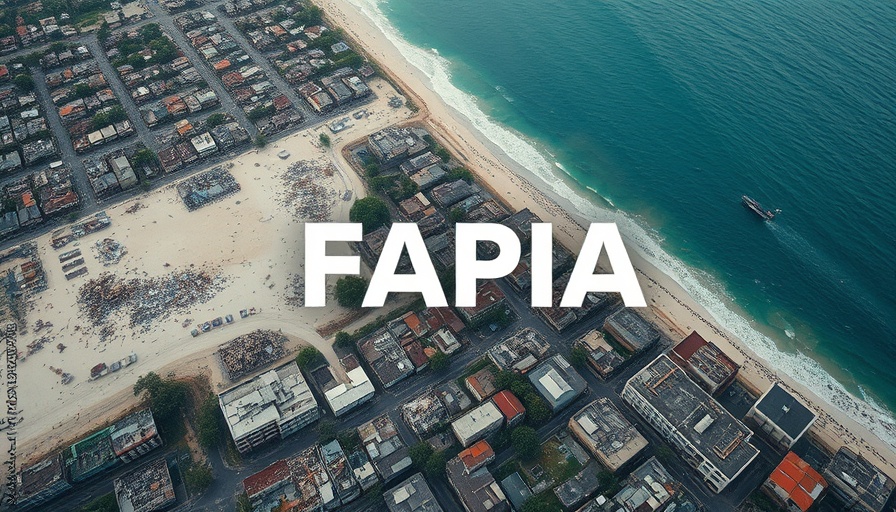
The Latest Battle Over Insurance Claims in Florida
Recently, insurance giants in Florida have initiated a concerning trend that could significantly impact property insurance policyholders. At least six property insurers are now including endorsements within their policies that strongly discourage or outright bar the engagement of public claims adjusters. This is part of a broader strategy by insurers to regain control over claims processes, often at the expense of policyholders' rights.
What Are Anti-Public Adjuster Endorsements?
Public adjusters serve as advocates for policyholders, helping to navigate the complex claims process and ensuring fair compensation. However, the new endorsements being adopted by carriers such as Velocity Risk Underwriters and others effectively present a barrier for policyholders who might need this type of assistance. The endorsements stipulate that if policyholders choose to utilize a public adjuster, they may risk losing discounts on premiums or facing penalties.
Legal Action and Consumer Rights
The National Association of Public Insurance Adjusters (NAPIA) and the Florida Association of Public Insurance Adjusters (FAPIA) have taken a stand against these endorsements, filing a lawsuit that argues these policies violate statutory rights. This lawsuit highlights the balancing act between corporate interests and consumer protection, especially in states with light regulatory oversight over surplus lines insurers.
The Implications for Property Owners
For South Carolinians, understanding the implications of these trends in neighboring Florida might seem distant, but the ripple effects could reach their state as well. South Carolina residents in the property insurance market should stay informed about how insurers are handling claims, as similar tactics could emerge as pressures mount on public adjusters and claims processes nationwide.
Surveying the Landscape: Adjuster Roles and Consumer Trust
With the introduction of these endorsements, public adjusters express worries about the trust gap widening between consumers and insurers. If these endorsements proliferate, policyholders might find themselves inadequately represented during claims disputes, which could compromise the transparency and fairness of claim settlements. This trend could echo in many avenues, especially as more policyholders are left without proper guidance in their time of need.
Action and Awareness: What to Do Next?
For South Carolina residents navigating their own insurance claims, it is vital to remain vigilant. Understanding how your insurance company approaches claims handling can save you from potential missteps. If you're in the midst of dealing with a claim, consider consulting both your insurer's policy language and any available public adjusters. Knowledge is your best ally against possible denials or underpayment of claims.
As these changes unfold in the insurance landscape, staying informed could provide a significant lever against unfair practices, aiding you in securing a fair and just settlement for any claims you may face.
 Add Row
Add Row  Add
Add 




Write A Comment